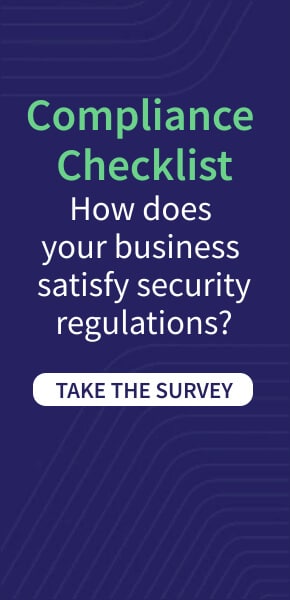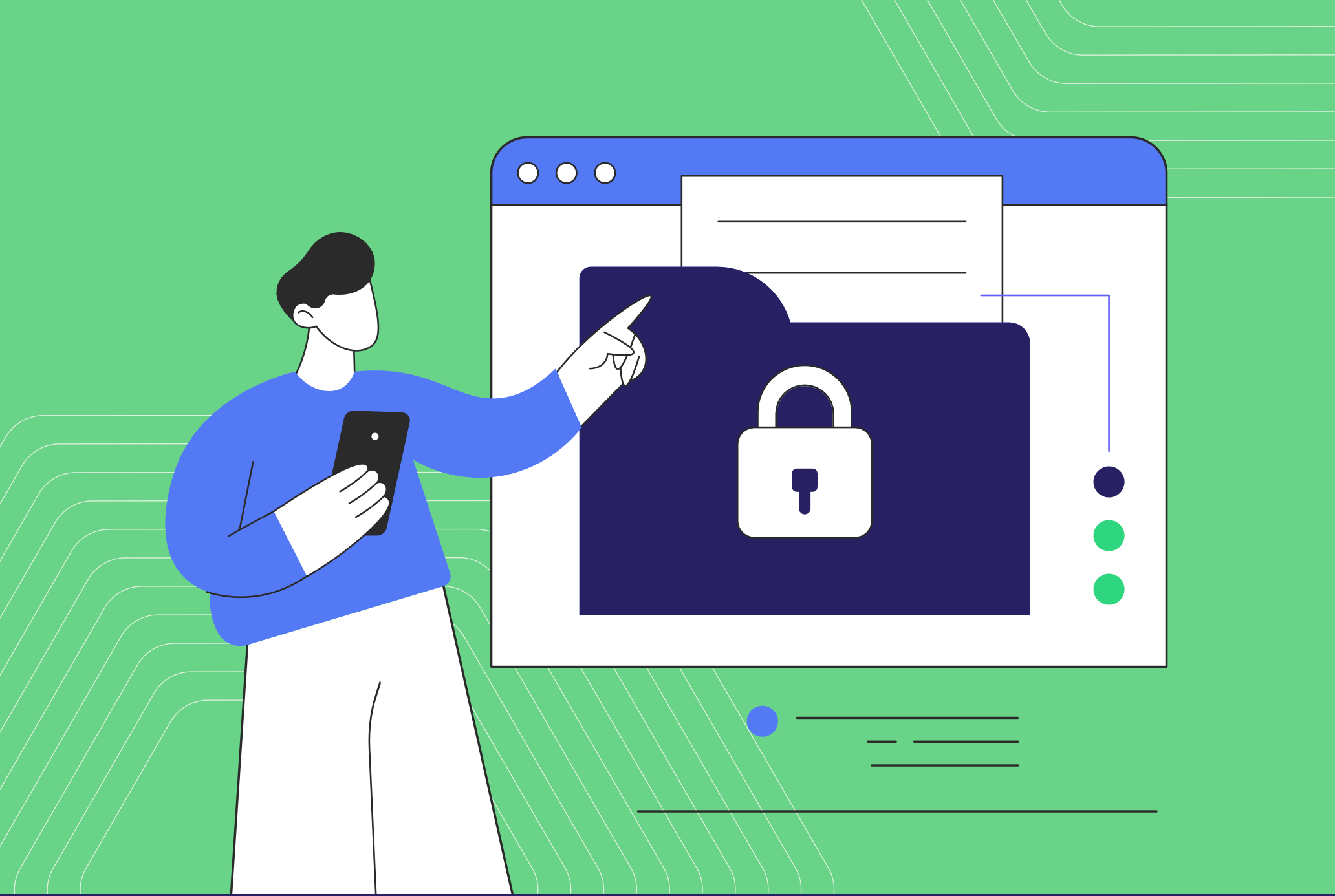SE Labs awards Coro's Email and Cloud Security a AAA Rating. Read the report
Endpoint Protection
Log all endpoint activity, analyze data anomalies, and automate resolution of security events
Email Protection
Scan emails for threats and remediate them automatically, drastically cutting management time
Network Protection
Protect networks and data with Zero Trust Network Access (ZTNA), VPN, enterprise and military-grade encryption
Cloud App Security
Protect users, cloud drives, and apps with advanced threat detection and robust remediation
Data Protection
Protect user and endpoint data from leaks, misuse, and unauthorized access across devices and cloud apps
Security Awareness Training
Train users to identify phishing and social engineering threats through real-world simulations
Coro Compass
Learn about our partner program, which invests in your business, not ours.
MSPs
Profitable, scalable cybersecurity for managed service providers.
Resellers
Drive revenue with in-demand security solutions.
Distributors
Simplified security offerings for tech service distributors & agents.
TSDs & Agents
Simplified security offerings for tech service distributors & agents.
Software Vendors
Empower your software with advanced cybersecurity.
Telecommunications & Media
Secure telecom services with robust solutions.
Automotive
Achieve compliance and guard against threats.
Education
Keep educational institutions safe.
Finance
Protect data, transactions, and operations.
Government
Guard against threats to local and national agencies.
Healthcare
Meet regulatory requirements and protect privacy.
IT Service Providers
Optimize resources and secure organizations.
Manufacturing
Reduce risk and keep operations uninterrupted.
Software & Technology
Focus on innovation and not cyber threats.
Trucking
Secure transportation for the
road ahead.
road ahead.
Compliance
Learn how our cybersecurity solutions seamlessly align with and simplify adherence to the regulations relevant to your business.
Glossary
Navigate our Glossary for clear definitions and detailed explanations of key cybersecurity concepts and terminology.
Interactive Demo
Step inside our interactive demo and explore Coro's powerful cybersecurity platform.
Partner Portal
About us
Learn more about Coro and the people behind it.
G2 Awards
Discover Coro’s G2 awards and recognitions.
Careers
Join the most innovative organization in cybersecurity.
Press
Catch up on the latest Coro news and updates.
Compliance Survey
Evaluate your compliance: Discover regulatory impacts on your business.
Become a Partner
Boost your business: Transform cybersecurity into revenue.
Technical Documentation
Find solutions quickly: Explore our help and documentation.
Contact Support
Minimize risk, ensure continuous operations: Contact Coro Support today.
Contact SOC
Need immediate security assistance? Contact our SOC team.





